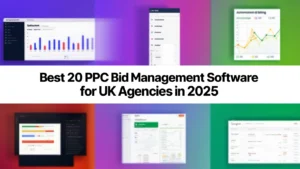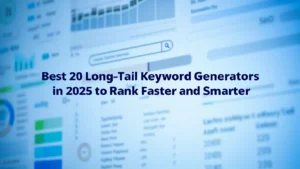If you want to dominate search rankings, increase organic traffic, and stay ahead of the competition, then following the right SEO experts on Twitter is non-negotiable. These pros are plugged into the latest Google updates, algorithm changes, and SEO techniques that the average marketer isn’t even aware of.
This list of 10 top-tier SEO influencers is where you’ll get insider tips, actionable strategies, and the kind of SEO hacks that can make the difference between getting lost in the SERPs or ranking on page 1.
1. Deepak Shukla
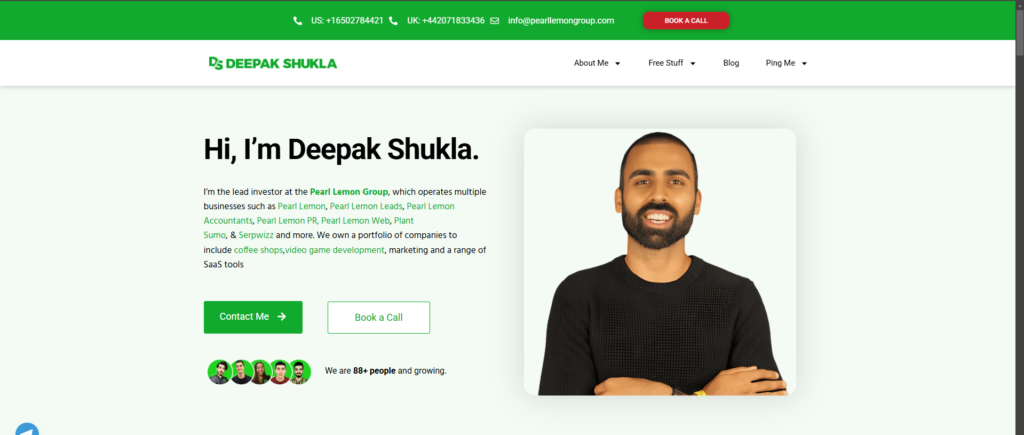
Deepak Shukla is not just an SEO expert; he’s a master of scaling SEO-driven businesses. As the founder of Pearl Lemon, Deepak has cracked the code on everything from local SEO to enterprise-level SEO strategies, and his Twitter feed is a goldmine for practical, no-BS SEO advice.
Why Follow:
Deepak brings you real-world SEO tactics that actually work—because they’ve been tested across multiple industries. Whether it’s content marketing, backlink strategies, or conversion rate optimization (CRO), Deepak’s advice is grounded in actual results.
What You’ll Learn:
- How to scale your SEO agency
- Advanced on-page SEO and technical SEO tips
- Insider tricks for ranking in competitive niches
- How to use data-driven SEO strategies to outsmart your competitors
- Updates on Google algorithm changes and their impact on rankings
2. Matt Cutts
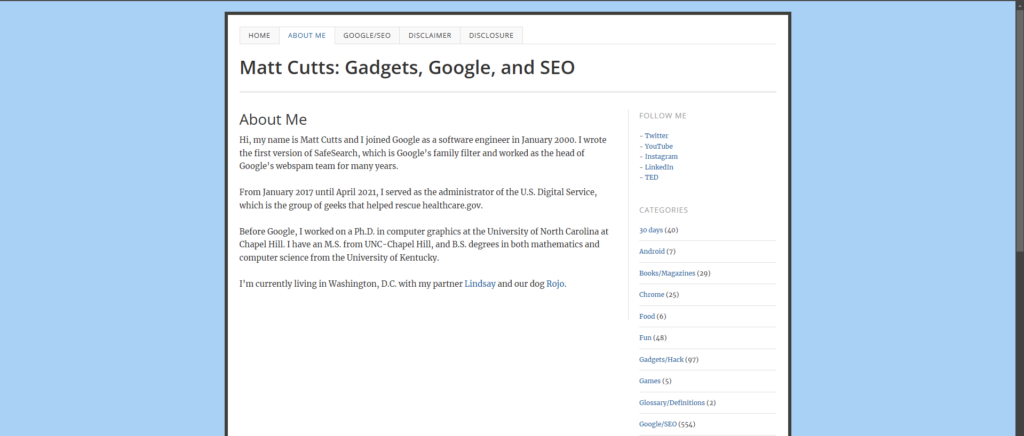
Matt Cutts is a Google vet, and he’s the guy who used to decide what gets penalized and what gets rewarded in Google’s algorithm. His historical influence on SEO is immense, and while he may no longer be at Google, his updates are still extremely relevant.
Why Follow:
Matt shares insights into Google’s approach to SEO, search quality, and spam prevention. His historical perspective on Google’s approach to webspam gives us a deep understanding of what works—and what can get you slapped with a penalty.
What You’ll Learn:
- The truth about Google penalties and how to avoid them
- Quality guidelines for getting your site to rank without risking a penalty
- Official updates on Google’s search ranking algorithms
3. Rand Fishkin
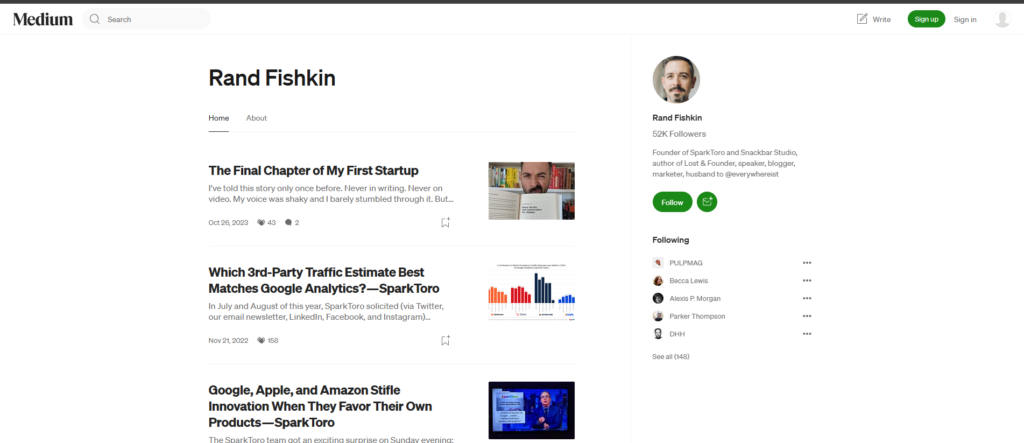
Rand Fishkin is a legend in the SEO world. He’s the co-founder of Moz and the founder of SparkToro, an analytics tool for marketers. Rand’s Twitter feed is where you’ll find insightful commentary on SEO, digital marketing, and consumer behavior.
Why Follow:
Rand speaks the language of SEO data, and he’s always at the forefront of digital marketing discussions. His expertise ranges from keyword research to SEO strategy, and he frequently shares case studies, industry trends, and product updates.
What You’ll Learn:
- How to use SparkToro for audience research
- Content marketing strategies that improve SEO
- Insights into SEO metrics and measurement
4. Barry Schwartz
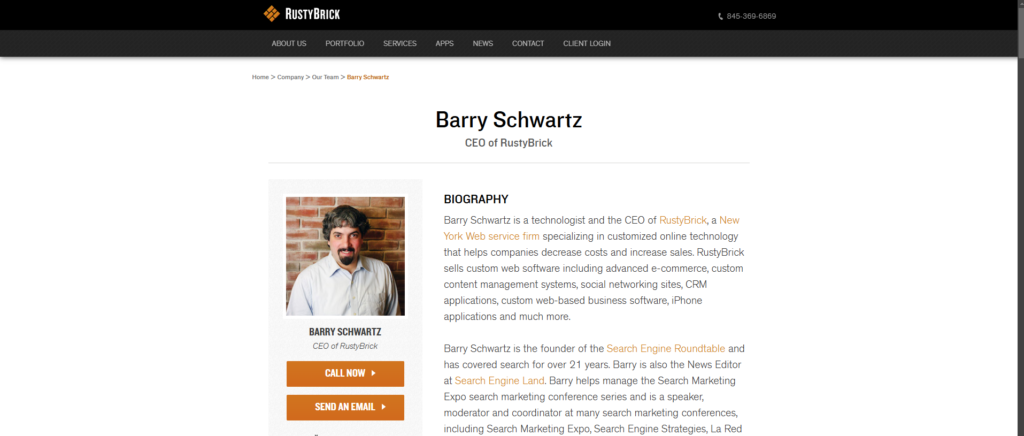
If you want to stay updated on Google’s latest changes, Barry Schwartz is your go-to source. He reports on algorithm updates, Google News, and SEO trends as they happen, so you’re never left in the dark.
Why Follow:
Barry is a news junkie when it comes to SEO, and his real-time updates on algorithm changes make his feed indispensable for anyone serious about SEO. If something’s happening in SEO, Barry’s already talking about it.
What You’ll Learn:
- The latest Google algorithm changes
- Analysis of search engine behavior and trends
- Tips for staying compliant with Google’s webmaster guidelines
5. Neil Patel
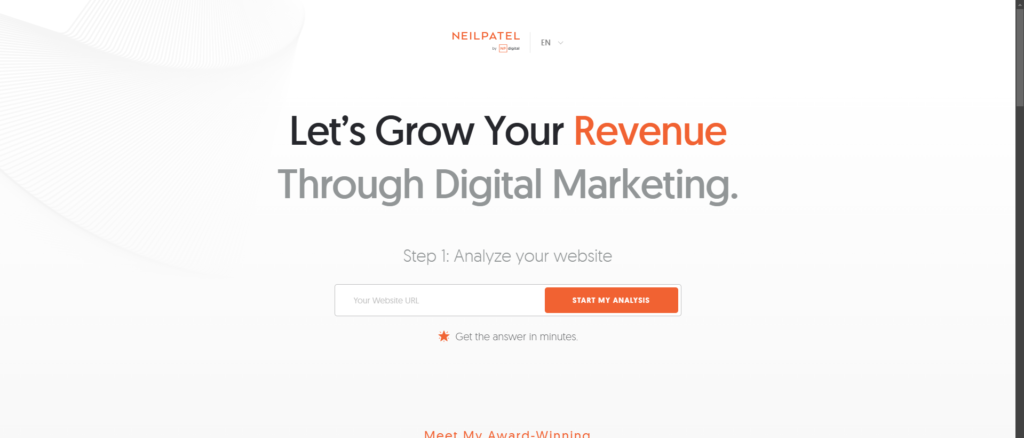
Neil Patel’s name is synonymous with SEO education. As the founder of Crazy Egg and Kissmetrics, Neil is the authority when it comes to conversion optimization and driving organic traffic.
Why Follow:
Neil’s advice is practical, actionable, and based on results. His feed is a blend of SEO case studies, tools recommendations, and growth strategies.
What You’ll Learn:
- How to use conversion rate optimization (CRO) to improve on-site SEO
- Keyword research techniques that work
- Link-building strategies that get results
6. Aleyda Solis

If you’re in charge of international SEO or multilingual SEO efforts, Aleyda Solis is the expert you need to follow. Her feed is a constant source of best practices for global SEO and tips on handling cross-border search marketing.
Why Follow:
Aleyda’s focus on global SEO strategies makes her one of the most valuable voices for marketers targeting non-English speaking markets.
What You’ll Learn:
- International SEO strategies for global markets
- Technical SEO tips to improve global rankings
- How to overcome multilingual SEO challenges
7. Brian Dean
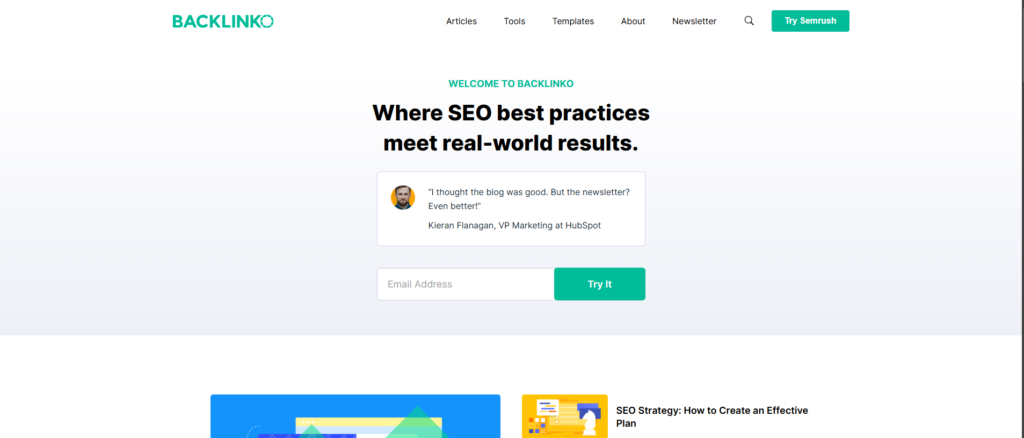
Brian Dean is a link-building expert, and his site, Backlinko, is a go-to resource for learning about building high-quality backlinks and improving on-page SEO.
Why Follow:
Brian’s insights into SEO link-building and content marketing strategies have helped thousands of websites improve their rankings. If you want to increase your website’s authority and build quality backlinks, Brian’s your man.
What You’ll Learn:
- White-hat link-building strategies
- How to optimize your content for maximum ranking potential
- Insights into backlink audits and strategies for disavowing toxic links
8. Danny Sullivan
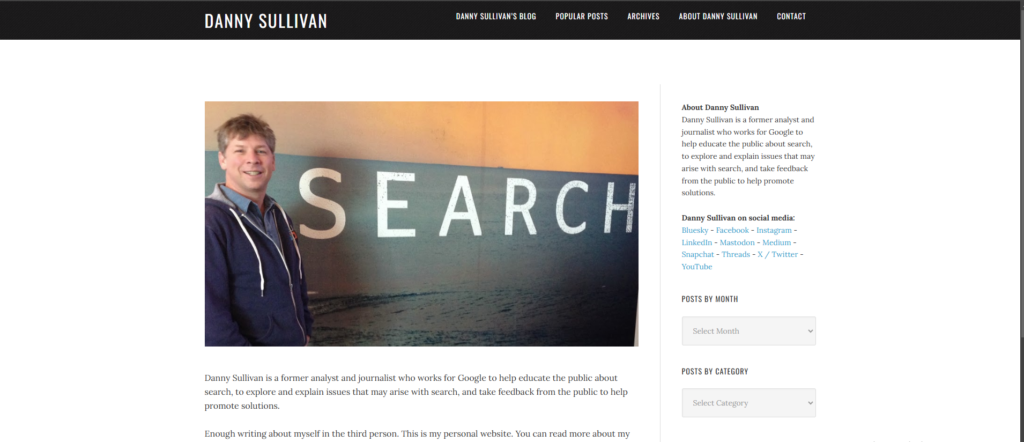
Danny Sullivan works directly with Google and serves as their public liaison for search. He’s the person who clarifies Google’s decisions on algorithm updates and other search-related policies.
Why Follow:
Danny provides official Google information and clarifications, which is invaluable when Google’s algo updates con.
What You’ll Learn:
- Official Google guidelines for site compliance
- Updates on Google Search changes
- Clarifications on SEO myths and misconceptions
9. Marie Haynes
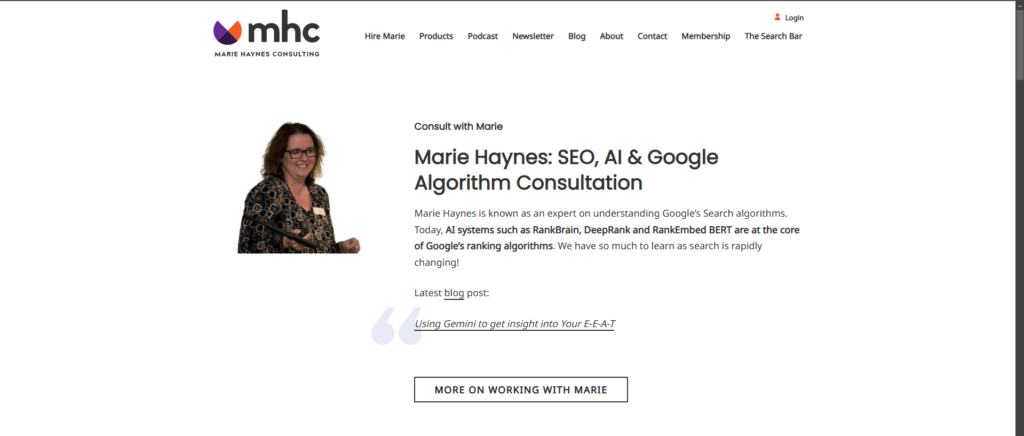
Marie Haynes is a penalty recovery expert. Her deep knowledge of Google’s algorithm penalties makes her a must-follow for anyone facing issues with rankings or recovery.
Why Follow:
Marie provides detailed advice on how to recover from Google penalties and algorithm updates. If your website has been affected by a major update, her advice could save your rankings.
What You’ll Learn:
- How to recover from Google penalties
- SEO audit tips for identifying issues
- Understanding Google’s core updates
10. Tim Soulo
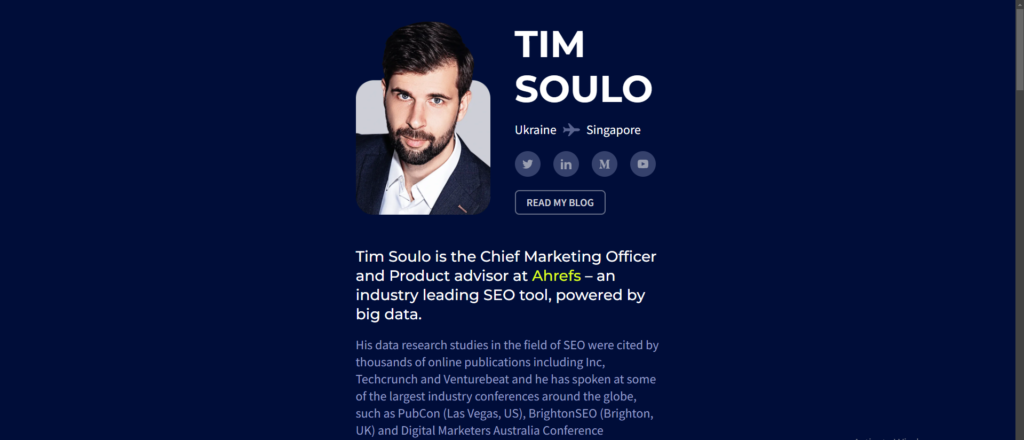
Tim Soulo is the Chief Marketing Officer of Ahrefs, one of the most powerful SEO tools available today. His feed is a wealth of actionable tips on using Ahrefs for link-building, keyword research, and content optimization.
Why Follow:
Tim is a hands-on expert in SEO tools and shares tons of tips on how to get the most out of Ahrefs. If you’re serious about data-driven SEO, Tim’s feed is packed with useful insights.
What You’ll Learn:
- How to use Ahrefs to scale your link-building campaigns
- Keyword research strategies that drive traffic
- Content optimization for better rankings
Interesting SEO Statistics You Should Know
- 93% of online experiences begin with a search engine (Source: Search Engine Journal).
- Websites in the top 3 search results receive 60% of all clicks (Source: Backlinko).
- 75% of users never scroll past the first page of search results (Source: HubSpot).
- 71% of marketers say SEO is more effective than PPC for generating sales (Source: MarketingProfs).
- 61% of mobile users are more likely to contact a business that has a mobile-friendly website (Source: Google).
FAQs
1. What is the most important SEO factor for ranking on Google?
The most important SEO factor is relevant, high-quality content. Google’s algorithm prioritizes content that satisfies search intent, provides value to users, and is optimized for the right keywords. Backlinks and technical SEO are also crucial, but content is king.
2. How do I recover from a Google penalty?
The first step is to conduct a thorough SEO audit to identify the cause of the penalty. If it’s related to backlinks, disavow toxic links. If it’s due to content quality, improve your content and make it more user-centric. Following best practices for on-page SEO and submitting a reconsideration request to Google can also help.
3. How can I track SEO progress effectively?
Use SEO tools like Google Analytics, Google Search Console, and Ahrefs to monitor your keyword rankings, organic traffic, and backlink profile. These tools will give you insights into how well your SEO efforts are translating into measurable results.
4. Is link-building still important for SEO?
Absolutely. Link-building is one of the top factors in SEO. High-quality backlinks signal to Google that your content is authoritative. However, it’s important to focus on white-hat link-building practices, such as guest blogging and acquiring editorial links, rather than relying on low-quality link schemes.
5. What are the best SEO tools for beginners?
For beginners, tools like Google Analytics, Google Search Console, and Yoast SEO (for WordPress) are great starting points. These tools are free or low-cost and provide foundational insights into your website’s performance. As you grow, you can find advanced tools like SEMrush or Ahrefs.

